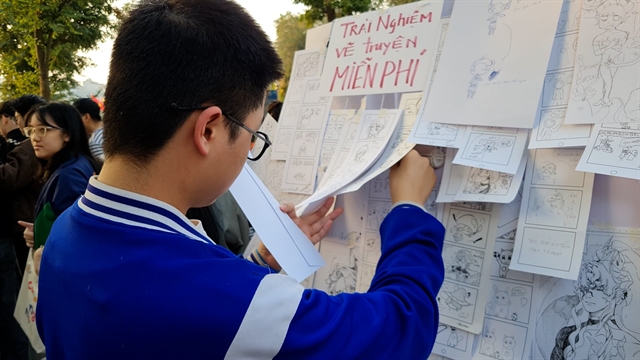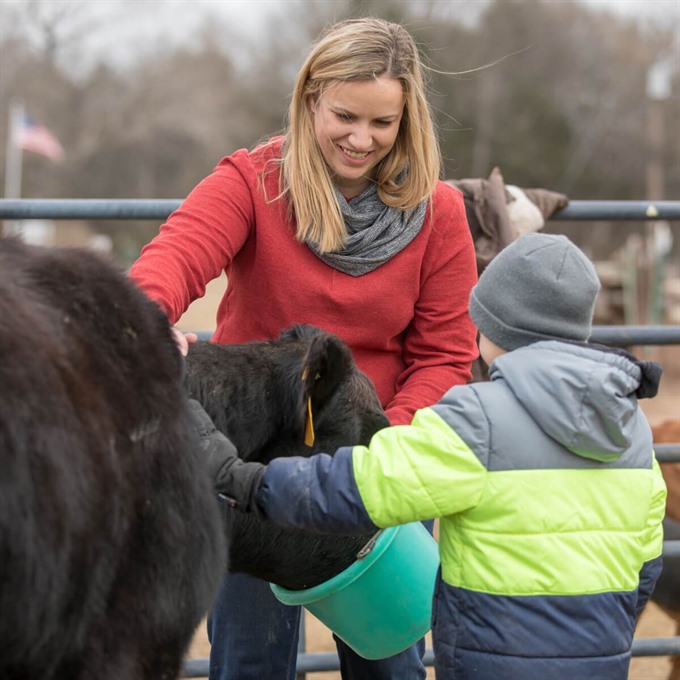 Society
Society

Bayer, a science company, recently launched a 30,000 euro global Care4Cattle initiative to recognise innovative thinking in improving animal well-being together with the World Farmers Organisation (WFO).
 |
| Bayer and WFO launch global Care4Cattle initiative to recognise innovative thinking in improving animal well-being. VNS Photo |
HCM CITY – Bayer, a science company, recently launched a 30,000 euro global Care4Cattle initiative to recognise innovative thinking in improving animal well-being together with the World Farmers Organisation (WFO).
The initiative offers supportive grants to livestock veterinarians, farmers and scientists working to enhance dairy and beef cattle well-being through innovative and practical ways at the farm level.
Dirk Ehle, head of animal health at Bayer, said: “Care4Cattle is our new exciting contribution to advancing animal well-being and we are pleased to partner with the World Farmers Organisation. Through Care4Cattle, we can support livestock professionals’ continued efforts to advance animal well-being, encourage more innovative thinking, and help turn great ideas into reality for the benefit of animals. Taking care of the well-being of animals is the right thing to do.”
Animal well-being is synonymous with good welfare, which relates to both the physical health and mental well-being of the animal.
Improvements in animal well-being are an ongoing process and require collaboration and commitment.
Theo De Jager, president of the World Farmers Organisation, said: “Animal well-being is seeing growing emphasis around the world. Effective implementation of sustainable animal well-being standards requires constant innovation as well as a strong partnership between farmers, industry, all levels of government and the community.
“For these reasons we are pleased to be able to collaborate with Bayer on this project. Improving cattle well-being at the farm level benefits the animals, and this ultimately also benefits the farmers.”
Bayer offers a total funding of 30,000 euros that will be awarded to projects selected by a jury comprising independent animal welfare experts and representatives from the World Farmers Organisation and Bayer.
Submissions for the Care4Cattle grant are welcome from farmers and farm animal keepers, practising veterinarians working closely with farmers to implement well-being advancements, researchers and graduate students in veterinary medicine or animal science who engage with farmers to research into cattle well-being.
The projects need to demonstrate innovative, practice-oriented ways to improve cattle well-being at the farm level.
Submissions will be accepted until June 25 this year. VNS